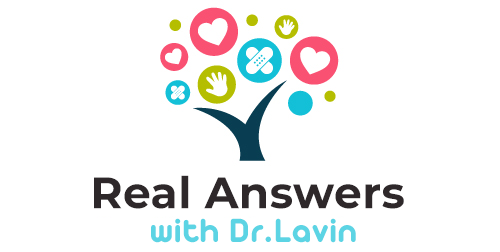Here is something quite interesting. Someone looked at 3,000 articles published in the world’s leading medical journals: JAMA, Lancet, New England Journal of Medicine from 2003 through 2017 (from 2011 in the NEJM). And they found a surprising, perhaps, 400 articles proved a long-held medical fact of practice was wrong. (https://nyti.ms/2XcWt37)
We are familiar with the phenomenon. We are told that doctors are sure, this food is bad for you, or this action will protect you, and lo and behold, an article comes out turning the whole argument upside down.
It leads many to wonder, is science even able to get it right? If it can, does it fail a lot?
Why Medical Conclusions Get Overturned.
There are many reasons for this happening. One is very simple, sometimes the medical profession, like anything people do, makes assumptions. Certain events seem to present patterns that are very convincing, only to find out on study, that they are illusions, not true.
Sometimes even after careful application of good scientific techniques and experimentation, patterns seem well proved, and the profession adopts the conclusions, only to find out later that the evidence was only partially convincing and new facts overturn the conclusion.
There are many other reasons.
The Nature of Science: Finder of Error more that Finder of Truth
But let’s consider the second reason medical conclusions get overturned. Today’s science leads to conclusions that tomorrow’s science overturns.
If that happens, why believe today’s science? And, even more compelling, is science the right tool to find out if a pattern or observation is true?
Perhaps one of the deepest misunderstandings of what science is and how it works is the question of truth.
Most people believe, even take comfort, in believing that science finds out what is true.
This is correct, but only indirectly.
In fact, science is totally conceived and constructed to not find truth. How can that be? It is science after all that allows nearly every innovation to come to life- all our technology, all our buildings, all our lifesaving medicines. If science does not deliver truth, how did it yield the spectacle of so many truly critical human innovations?
Here is how it works. Science is really about observation. Say that you think that a big ball lands sooner than a light ball, dropped at the same time. Here is a nifty YouTube video, featuring the world’s largest vacuum chamber, and it’s in Cleveland, https://www.youtube.com/watch?v=E43-CfukEgs, which will give you a very cool observation.
So you want to know which lands first, the heavy object or the feather. You may be confident the heavy object will. So how do you find out? You drop both.
See the video, and you’ll see an amazing sight in air and in a vacuum. (Spoiler alert: in the vacuum the feather falls just as fast as the heavy brick).
Now, technically, this observation does not prove the heavy object and feather will always fall at the same rate, only that in this situation the brick does not drop faster.
So really it disproves the conclusion that if you drop a brick and feather in a vacuum, that the brick will fall faster.
Observations only report what happens in very specific situations. That’s why if you get more observations, formerly thought-to-be-proven conclusions get overturned.
So What Good is Science?
Here is another amazing fact. Science, so far, is the only way to prove an idea false. Only by observing can you find out if a conclusion is false (not true, but false).
Knowing something is not true, is a necessary step towards getting closer to what is true. And for the time being, an observation in one setting just might imply what is true, too.
BOTTOM LINES
- A review of 3000 medical articles recently found 400 overturned well-accepted medical practices. Does this mean science has failed over 10% of the time?
- No. Science is not built to prove truth, only to expose a claim as false. And so this study proves how good it is at this job. Science does very well proving well-accepted ideas are not true, over 10% of the time!
- One of the overturned assumptions is that eating peanuts early in life leads to greater allergy. As families now know, this turns out not to be true, even after decades of doctors saying the opposite. I welcome finding out what is not true.
- Two of the findings proved that two health food claims are not true: 1. That fish oil prevents heart disease, we now know it does not. 2. That Ginkgo biloba protects against dementia and memory loss, it does not. These findings remind us that it is easy to claim that some intervention “works,” but it takes a lot of work to find out if that is true. Here is the power of science to prove an assumption is false doing good work, letting us know if a claim is true. (By the way most claims that some substance improves body function or prevents disease are false more often than not, which we can only know through science).
Science is not mysterious, it simply is looking at the world and reporting what we see. Curious that it is controversial. This article helps elucidate what looking at the world really does for us, a timely reminder.
To your health,
Dr. Arthur Lavin








No comments yet.